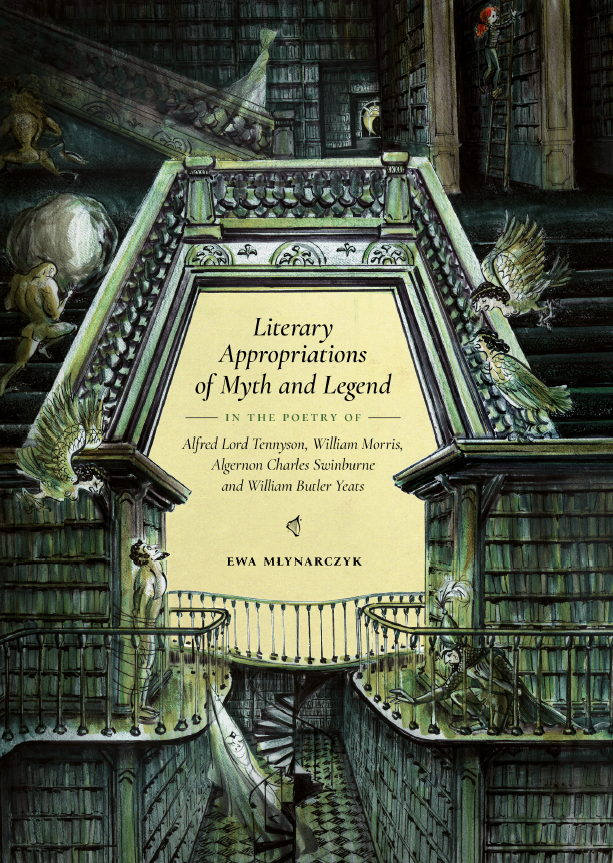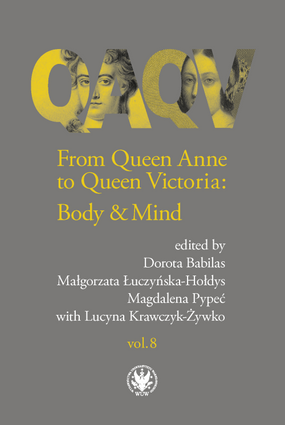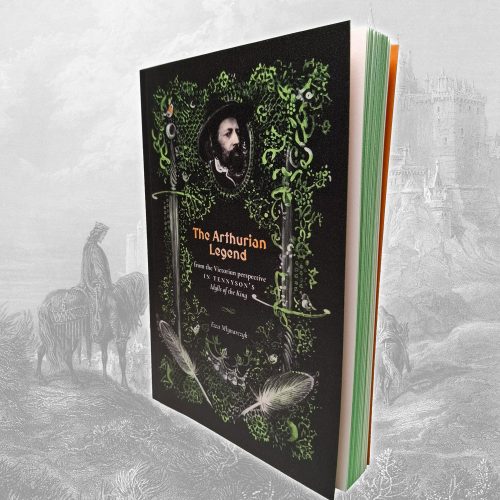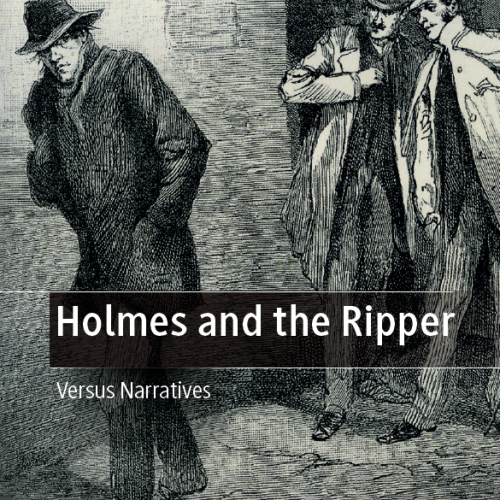text by Grażyna Bystydzieńska

This book was written as a doctoral thesis for the Institute of English Studies, University of Warsaw, in 2022 but sadly, Ewa Młynarczyk died before she was able to take her doctoral examinations and complete the procedures for the award of the degree.
In her Preface, Ewa Młynarczyk wrote: “ For centuries, myth has proved to be a powerful vehicle for generating new, epoch-dependent meanings” (9). The purpose of her research was to study the use of myth in selected poems of Alfred, Lord Tennyson, William Morris, Algernon Swinburne and W.B. Yeats. She tried to show that these poets used mythology in original and creative ways. Several of the poems she dealt with have not yet received their due share of criticism, some of them because of their sheer bulk (Morris’s four-volumeThe Earthly Paradise).
The author’s main assumption is that myth is a story of universal significance, consisting of recurrent patterns of motifs which may be found in various world mythologies. She also assumed that the modifications of the story may reflect the changing personal and historical situation of the poet.
During the Victorian epoch two approaches to mythology prevailed: the comparative approach focusing on common mythological motifs and the imaginative approach allowing for reinterpretation of old myths and endowing them with new meanings.
Ewa Młynarczyk was a conscientious scholar who studied 19th-century publications representing both approaches and she also used both approaches in her own work. She used comparative analysis of three motifs – of the quest, of the otherworlds and the outcast in the poetry of her chosen Victorian poets. Although it is difficult to analyse long narrative poems, the author showed her subtle analytical skills, by analysing some passages of the quoted poetry, for instance Swinburne’s “Thalassius” or Tennyson’s “The Hesperides” or “The Lotos-Eaters”, drawing interesting conclusions on the aesthetic trends of the period (art for art’s sake). She also demonstrated in a compelling way, the dilemma of Alfred Tennyson whether to escape into the realm of art or to be actively engaged in the crucial problems of his epoch. Ewa Młynarczyk used also the imaginative approach for studying mythology when she discussed how certain elements of myths had been creatively transformed and she presented the effects of such transformations. The Victorian poets based their poetry not only on classical mythology but also on Celtic and Norse sources.
This book reveals the author’s erudition; she referred skilfully to the Romantic poets and showed convincingly that the Victorians made use of the Romantic tradition, so that they were called the last Romantics. She also mentioned, in an interesting way, the Victorian novel, for instance, George Eliot’s Middlemarch and Causabon’s long-lasting work on mythology. She tried to present the cultural context of the Victorian epoch, referring to and discussing some critical essays of John Ruskin, Walter Pater, Matthew Arnold as well as various letters and diaries.
I think Ewa Młynarczyk’s book may be of real importance for scholars interested in mythology and Victorian poetry and I am happy that scholars and students are now able to take advantage of her research and erudition. They will undoubtedly find inspiration in her book for their own future achievements.
The book is available in two formats: the paperback, which you may get at an online charity auction and support the Avalon Foundation, or the free digital version: https://ewamlynarczyk.pl/en/book/


